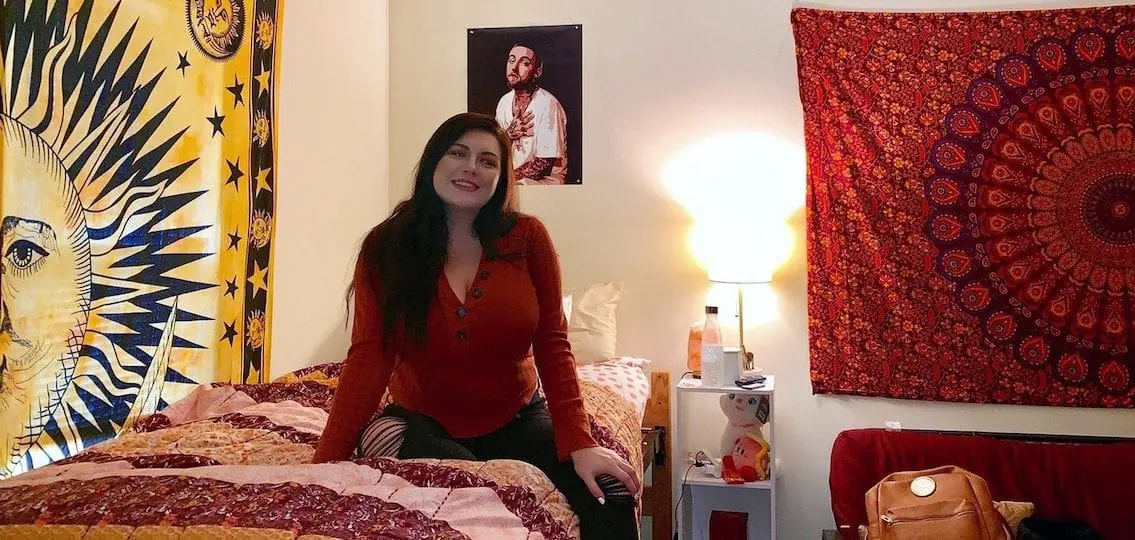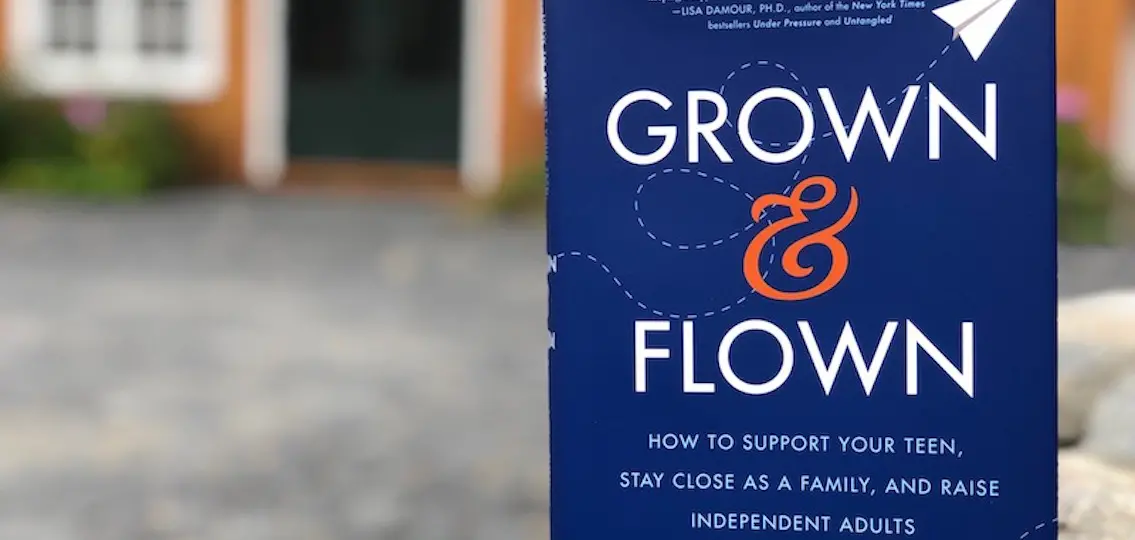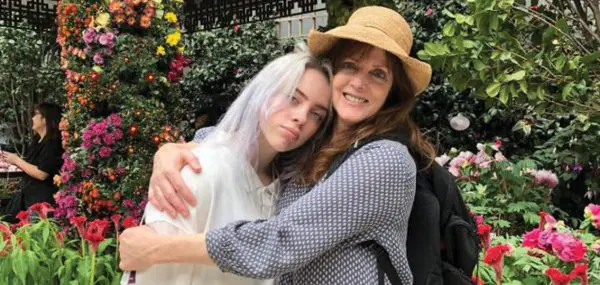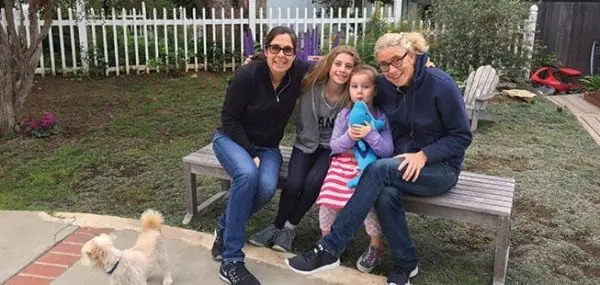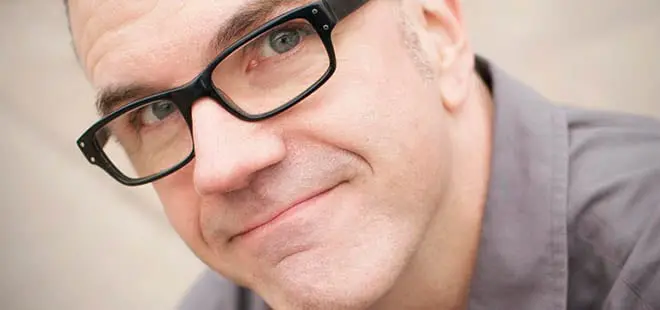Lisa Heffernan is the co-founder of Grown and Flown, an online community and parenting resource for parents of teens and young adults. On September 3, 2019, she and her co-founder Mary Dell Harrington released their new book Grown and Flown: How to Support Your Teen, Stay Close as a Family, and Raise Independent Adults. We caught up with Lisa to talk about raising teenagers and parenting during the transition to young adulthood.

Q: What prompted you to start Grown & Flown?
Heffernan: It all started as kind of a lark, but it has turned out to be so much bigger and more consuming than we ever imagined. Our kids were still young. We felt that we were starting the hardest, most consequential years of parenting and there were just no resources online. These years are particularly challenging – the experts in our lives, the pediatricians, coaches, friends you meet through your kids, begin to disappear from our lives and suddenly you’re on your own. We thought we would gather a community online to replace that.
Q: What is the biggest challenge of young adulthood that you hear from your readers?
Heffernan: The biggest is kids finding their paths. We grew up in a world with fewer options, and you were expected to find a job: become a teacher, or a nurse, or a lawyer, or a business person. There was a clear way of getting there and clear milestones. Now, the economic pressures are much worse. Debt pressures are staggering for kids who’ve bene through the college experience. Finding their path is very difficult, and that is a place where parents can be helpful.
Q: Do we parents also have challenges raising young adults?
Heffernan: As parents, we have this expectation that our kids’ experience will be like what it was for us. But our relationships generationally with our kids are so fundamentally different than the ones we had with the previous generation. The research indicates our kids want to talk to us more, they like us more, they confide in us more. This is even more pronounced for boys. When we left home and went to college, maybe we talked to our parents once a week. But our kids communicate with us much more often. You are thus constantly on that narrow balance beam of trying to figure out how much advice to give, how much direction, how much just to listen. We want to give them the benefit of our experience and whatever wisdom we’ve gathered, but without telling them how to live their life. You have to ask yourself: do they just want me to listen? Most of the time they’re just asking for us to listen; then they’ll go off and figure it out themselves.
Q: What advice do you give parents about how to shift gears with a high school grad/new college kid?
Heffernan: It’s a hand-off process. You begin parenting an adolescent with a 13- or 14-year-old who very much needs you. But by the time you reach the end of this process, you move to more of a mentoring relationship. You’re there to consult, listen, give advice when asked, but not to interfere or push your way into their lives. Research shows that college kids who have a close relationship with their parents are less depressed and less anxious. College freshmen drink less alcohol on days when they talk to their parents, even if the parents never mentioned drinking. We continue to be an important and positive influence on their lives, but the goal is to do so in this mentoring role.
Q: How do you handle witnessing the pain they go through without of being able to solve it?
Heffernan: What we have learned over the last decade is this: parenting doesn’t end. Because we are more involved in their lives and communicate with them more than other generations, we create the closeness in our families that is really the richness in life. So while we still get to know our adult children and have them in our lives, the downside is that we ride the rollercoaster with them. One of my favorite metaphors is that you can stand at the ticket booth with them, but you don’t have to actually ride the rollercoaster with them. We will wage the battle between helping them too little and too much all our lives. They’re your kids, you love them, and want to be supportive – but you do not want to disable their adulthood. That’s the balance.
Q: What is the biggest myth about parenting college-age kids?
Heffernan: That they’re gone. We went off to college and called once a week, but really we were gone. That is not the relationship we have with today’s young adults. Through texting, group messages, and cell phones, they’re not really gone in that way. I call it the digital dinner table: like many families, we have a family group chat where we just continue the conversation online that we have been having for the past 25 years at our dinner table.
